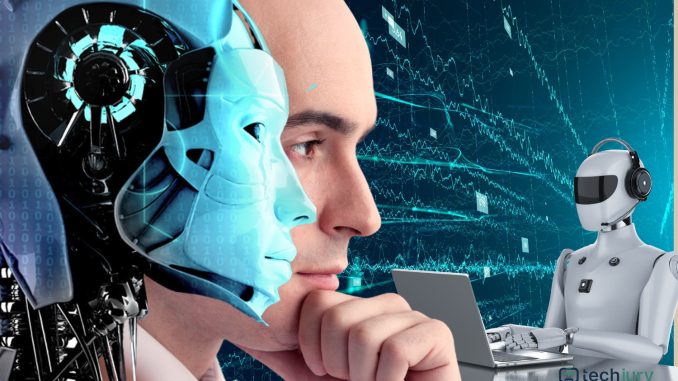
Introduction:
The rapid pace of technological advancement is continuously shaping our future, unlocking new possibilities, and revolutionizing various aspects of society, economy, and daily life. From artificial intelligence (AI) to sustainable energy solutions, let’s explore some of the latest technological innovations that are poised to shape our future.
- Artificial Intelligence (AI) and Machine Learning
- AI and machine learning technologies are advancing rapidly, enabling intelligent automation, predictive analytics, and personalized experiences.
- Applications include AI-powered chatbots, recommendation systems, autonomous vehicles, healthcare diagnostics, and fraud detection algorithms.
- 5G Connectivity and Internet of Things (IoT)
- The rollout of 5G networks is ushering in faster data speeds, lower latency, and greater connectivity for IoT devices and smart infrastructure.
- IoT applications include smart cities, connected vehicles, industrial IoT, smart homes, and real-time monitoring of assets and environments.
- Blockchain Technology and Decentralized Finance (DeFi)
- Blockchain technology is evolving beyond cryptocurrencies, with applications in supply chain transparency, digital identity, and decentralized finance (DeFi).
- DeFi platforms offer decentralized lending, borrowing, trading, and asset management services, disrupting traditional financial systems.
- Renewable Energy and Sustainable Technologies
- Innovations in renewable energy technologies such as solar power, wind energy, energy storage, and green hydrogen are driving the transition to a sustainable energy future.
- Sustainable technologies include circular economy practices, green building materials, electric vehicles, and carbon capture and storage solutions.
- Biotechnology and Genomics
- Biotechnological advancements, including gene editing (e.g., CRISPR), precision medicine, regenerative therapies, and synthetic biology, are transforming healthcare and agriculture.
- Genomics research is unlocking insights into disease prevention, personalized treatments, agricultural productivity, and biodiversity conservation.
- Quantum Computing and Quantum Technologies
- Quantum computing is pushing the boundaries of computational power, enabling complex simulations, cryptography, optimization algorithms, and material science research.
- Quantum technologies also include quantum communication, sensing, and metrology, with potential applications in secure communications and advanced sensors.
- Augmented Reality (AR) and Virtual Reality (VR)
- AR and VR technologies are evolving, offering immersive experiences in gaming, entertainment, training simulations, virtual meetings, and digital commerce.
- Mixed reality (MR) experiences combine virtual and physical elements, blurring the line between the digital and physical worlds.
- Cybersecurity and Privacy Enhancements
- With the rise of cyber threats and data privacy concerns, cybersecurity innovations include AI-driven threat detection, zero-trust security models, encryption technologies, and secure authentication methods.
- Privacy-enhancing technologies (PETs) focus on protecting user data, ensuring transparency, and empowering individuals to control their digital identities.
- Space Exploration and Aerospace Innovations
- Advancements in space exploration, satellite technology, space tourism, and lunar exploration are expanding humanity’s reach into space and driving innovation on Earth.
- Commercial spaceflight ventures, satellite mega-constellations, planetary exploration missions, and space-based research initiatives are shaping the future of space exploration.
- Ethical AI, Responsible Innovation, and Digital Ethics
- As technology continues to evolve, there is a growing focus on ethical AI development, responsible innovation practices, and digital ethics frameworks.
- Ethical considerations include bias mitigation in AI algorithms, data privacy regulations, algorithm transparency, fairness in AI applications, and ethical decision-making in technology development.
Conclusion: These latest technological innovations represent a glimpse into the future, where technology plays a central role in addressing global challenges, driving sustainable development, and shaping a more connected and intelligent world. Embracing these innovations responsibly, addressing ethical considerations, and fostering collaboration and inclusivity in technological development will be crucial in harnessing the full potential of technology for the benefit of humanity.